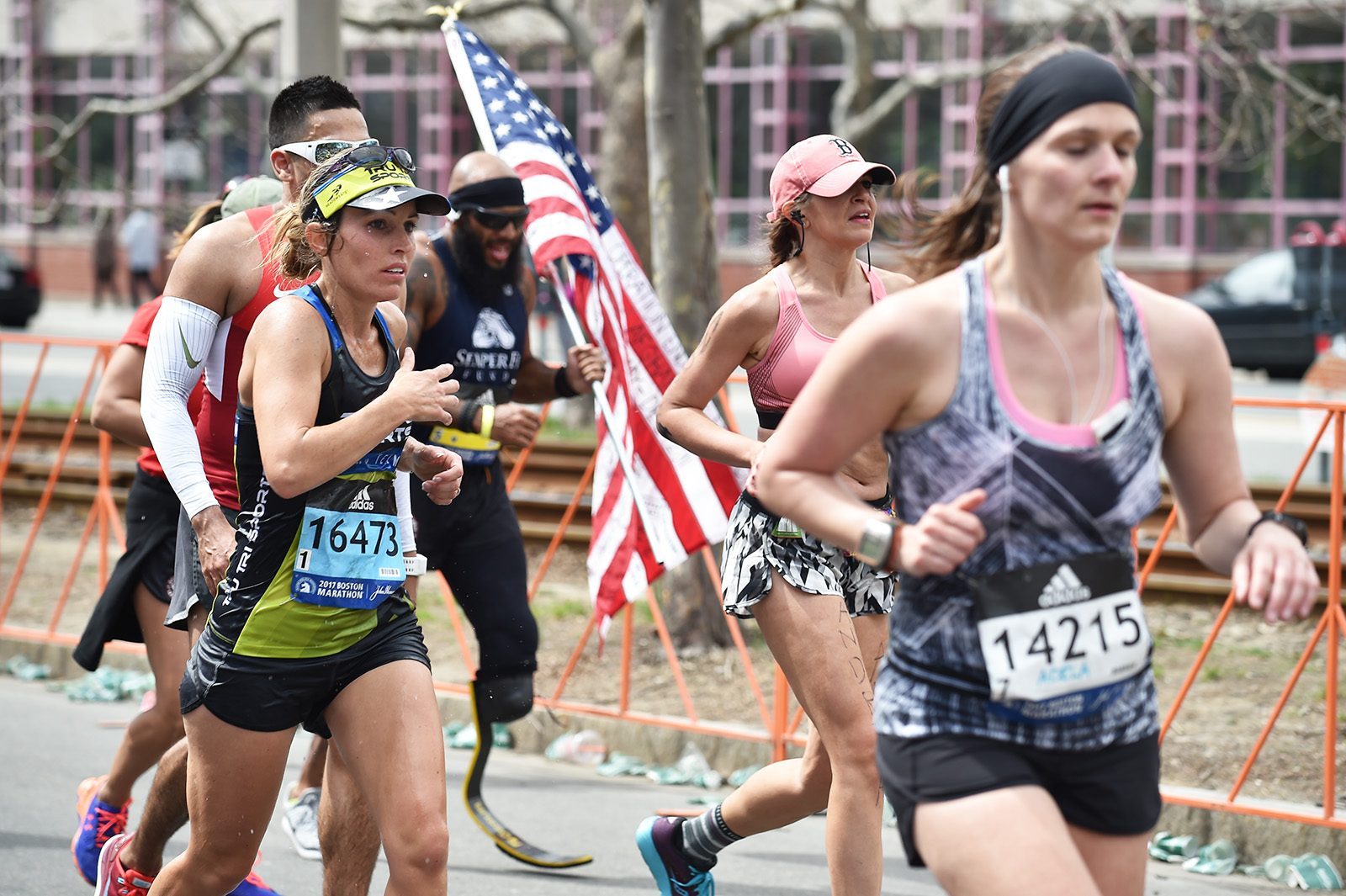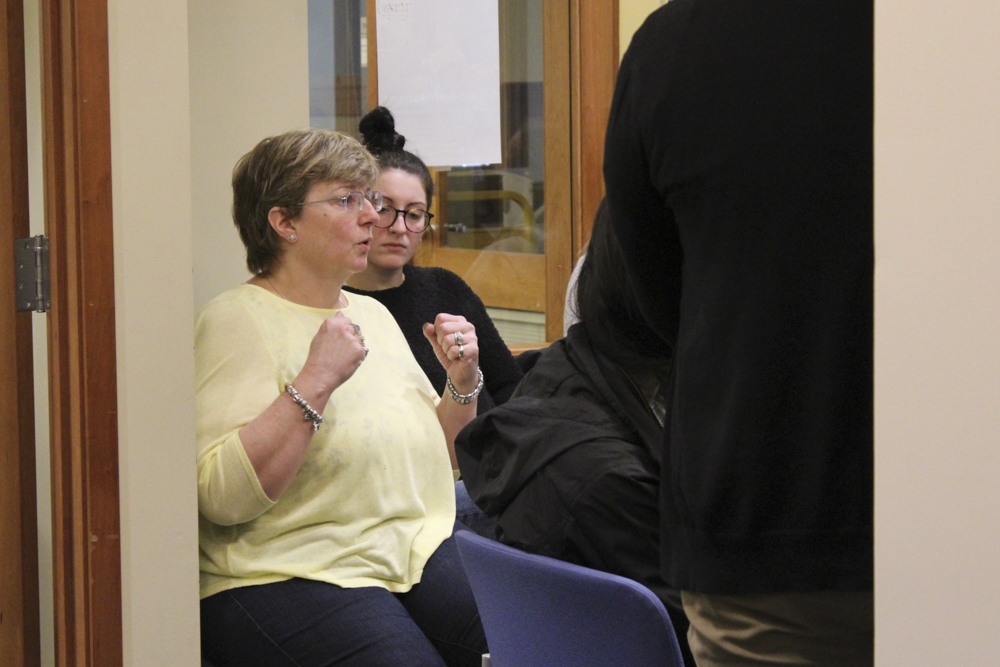
On April 15, it will have been five years since the Boston Marathon bombing, and journalists are continuing to ask questions about tragedy and how best to cover it.
David Abel, a Boston Globe reporter who spent a year covering the aftermath of the bombing, said one lingering question remains, and continues to gnaw at the truth behind the tragedy.
“How is it that two men went from eager refugees learning English and assimilating into this country to become two bombers that tried to wound the heart of the city?” Abel asked.
He and other fellow journalists gathered to speak at a panel Tuesday evening at Suffolk University, where they reflected on their experiences reporting the Boston Marathon bombing and discussed the impacts it has had on the city and their careers.
Jordan Frias, president of the New England Pro Chapter of the Society of Professional Journalists, said in an interview that the event would encourage conversations about what it means to be “Boston Strong” and the importance of responsible journalism during tragic events.
Frias, who led the panel discussion, said Bostonians preach the idea of being “Boston Strong,” a term coined in the aftermath of the Marathon bombing, but the message might have become lost in translation.
“It’s only been five years, but people’s lives have changed forever,” Frias said in an interview. “Are we still remembering these victims? Do we know what ‘Boston Strong’ really means?”
The panelists attempted to answer some of these questions and assess their own role in the storytelling of the bombings.
“We wanted to tell the story of the people that survived, the people that made the rescue and capture that Boston Strong spirit,” said Dave Wedge, a Boston Herald reporter and co-author of “Boston Strong: A City’s Triumph over Tragedy.”
The panelists said they agreed that the tragedy impacted them as well, even though they dealt with and reported about it differently.
Susan Zalkind, a Boston-based freelance journalist, said covering a friend’s murder and the Boston Marathon bombing, both which she covered at around the same time, jumpstarted her career as a young journalist. She said while covering these events were a great learning experience, they were also deeply traumatic.
“I wouldn’t recommend that kind of start for anyone,” she said. “But I couldn’t not report it, not even if I wanted to.”
Karen Brassard, a survivor of the bombing, said the way journalists approach victims can be a difficult line to walk ethically.
“Journalism is a business,” Brassard said. “How do you find a line between when to pursue and when to hold back? People do want to be the first ones to get the information out. That’s why there are so many fake stories at first, which was very frustrating for me as a survivor.”

Abel said approaching tragedy victims with empathy is vital.
“It is really difficult to approach people who have just had their world upended in the worst possible way, but it’s all our job to tell the story about what happened [and] to try and illuminate our world in an empathetic way,” Abel said. “And if you approach with kindness, maybe you can tell a story that reflects an experience that we all have had and that may generate a greater sense of compassion in our world.”
Christian Nagle, a Suffolk University senior, came to the event because he lived in Boston at the time of the bombing.
During the panel, Nagle asked how panelists forged personal connections with their sources and become invested in the story while remaining unbiased as reporters.
Ultimately, all journalists have their own biases, Abel answered.
“We have to acknowledge them, at least to yourself, and even sometimes to our readers, but the overriding quality here is fairness and empathy,” Abel said.












































































































